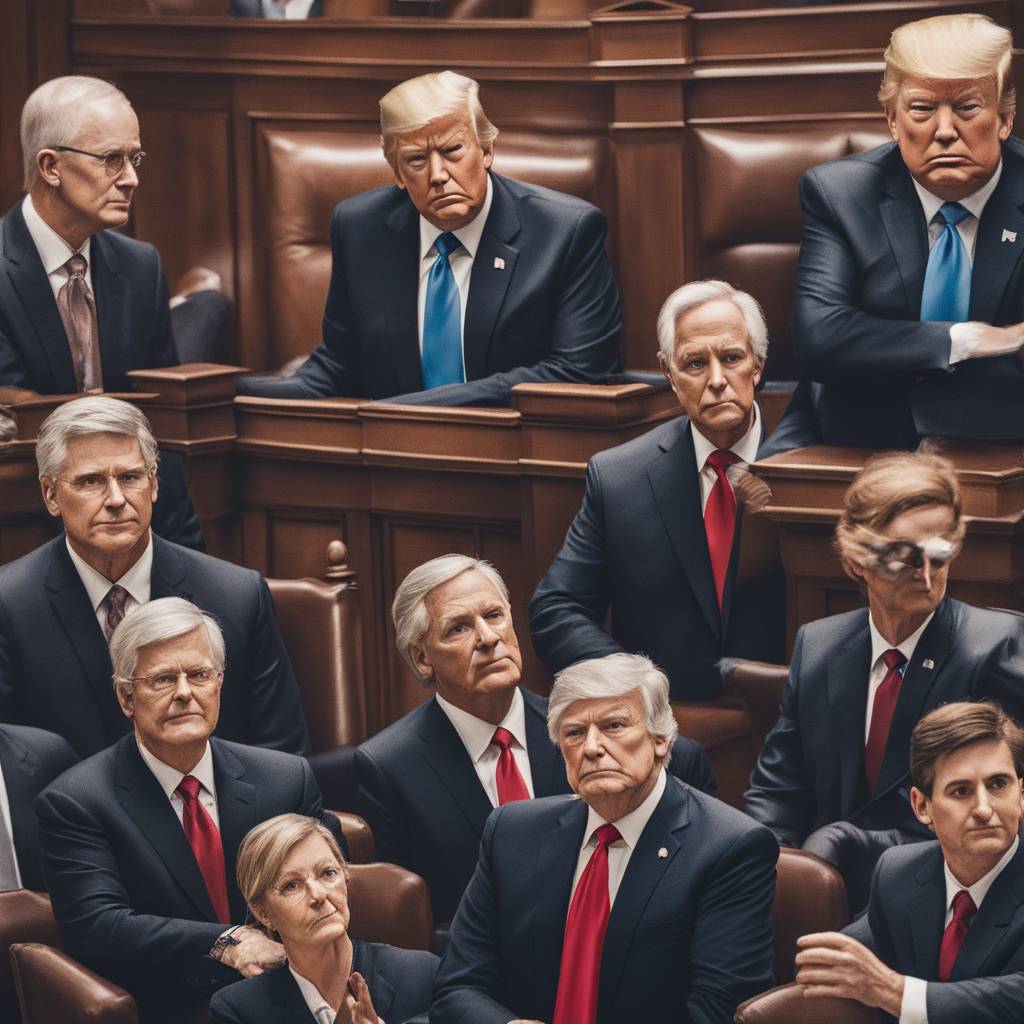In a recent ruling, a Georgia judge has denied former President Donald Trump’s motion to dismiss his indictment for interference in the 2020 election on the basis of First Amendment protection. The judge, Scott McAfee, stated that the actions and statements alleged by the State do not fall under the protections of the First Amendment, and that the statutes themselves do not violate the First Amendment on their face. Trump and his legal team argued that the prosecution violated the First Amendment’s protections of political speech and activity, freedom of association, and the right to petition Congress, as well as claiming that the charges were overbroad.
The ruling comes as a blow to Trump, who has consistently claimed that the election was stolen from him due to widespread fraud. The indictment alleges that Trump pressured Georgia officials to “find” enough votes to overturn the results of the election in Georgia, a critical battleground state. The judge’s decision to deny Trump’s motion to dismiss indicates that there is enough evidence to proceed with the case, despite Trump’s claims of First Amendment protection for his actions and statements related to the election.
The ruling has broader implications beyond just Trump’s specific case, as it sets a precedent for how the First Amendment protects political speech and activity in the context of election interference. McAfee’s decision clarifies that not all actions and statements related to elections are protected under the First Amendment, especially if they involve coercion or attempts to manipulate the electoral process. This ruling underscores the importance of upholding the integrity of the democratic process and holding individuals accountable for any attempts to undermine it.
Critics of the ruling argue that it sets a dangerous precedent for limiting political speech and activity, potentially chilling free expression and inhibiting robust political debate. However, supporters of the decision see it as necessary to ensure the rule of law and prevent individuals from using their positions of power to influence elections through illegal means. The case against Trump will likely continue to unfold in the coming months, shedding further light on the extent to which the First Amendment protects political speech and activity in the context of election interference.
In conclusion, Judge McAfee’s ruling denying Trump’s motion to dismiss his election interference indictment based on First Amendment protection has significant implications for how the law addresses political speech and activity in the context of elections. The decision clarifies that not all actions and statements are protected under the First Amendment, especially if they involve attempts to manipulate or coerce election results. This ruling underscores the importance of upholding the integrity of the democratic process and holding individuals accountable for any attempts to undermine it. The case against Trump will continue to unfold, providing further insight into the boundaries of political speech and activity in the context of election interference.


